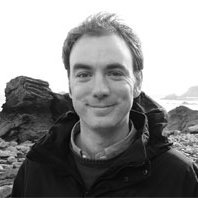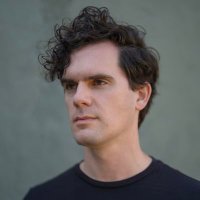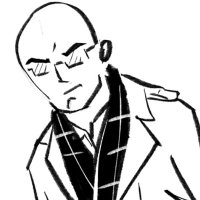
Michael T Stuart
@miikeessttuuart
philosophy of science, philosophy of imagination, artificial intelligence, ethics of science
ID: 1156414929584492544
http://michaeltstuart.com 31-07-2019 04:02:59
208 Tweet
1,1K Takipçi
1,1K Takip Edilen
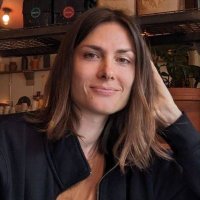


Can some scientists "imagine better" than others? What would that even mean? Hannah Sargeant and I argue that imagination is all about breaking constraints, and imagining well is about being careful about which constraints you break, and how. t.ly/Aticr
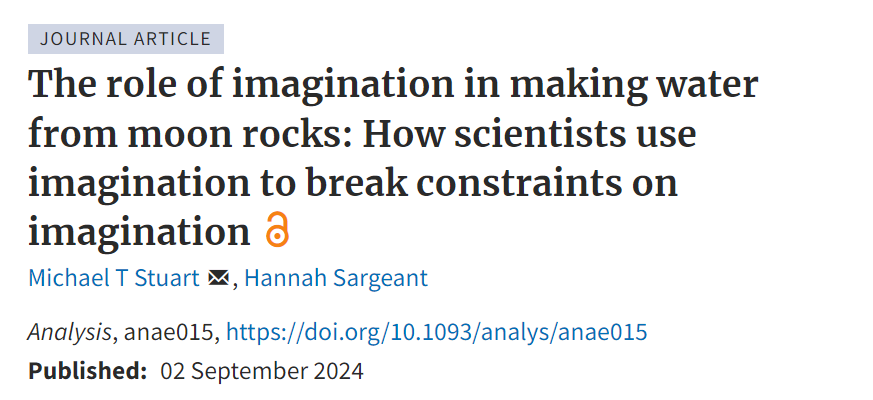
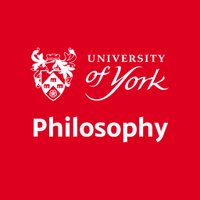


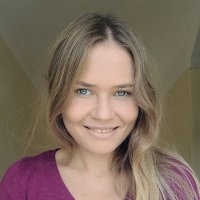
Our new entry on Experimental Philosophy of Art and Aesthetics is now live in the Stanford Encyclopedia of Philosophy! Thanks to collaborators Ryan P. Doran and Shen-yi Liao. plato.stanford.edu/entries/experi…
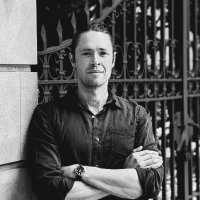
I'm seeking a postdoc to work with me at Purdue & Argonne National Lab! AI & science, philosophy of AI, automation in math/science, or philosophy of math. Philosophy appt. but not particular about disciplinary background! pls RT widely. DM me w/ questions! higheredjobs.com/faculty/detail…

Michael T Stuart on how scientists might benefit from thinking abt comedy improv: “If we can describe cases of scientific problem-solving as … improvisation, then it makes sense to highlight the insights of expert improvisors as a potential source of problem-solving strategies.”
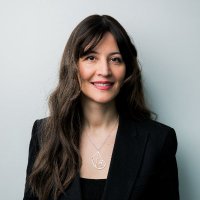
iaseai.org/conference I'm excited to be a program co-chair (along with Dylan HadfieldMenell , Adam Gleave and Elizabeth A. Seger) for the inaugural conference of the international association for safe and ethical AI (6-7 February 2025). Please submit your expression of interest or a talk




